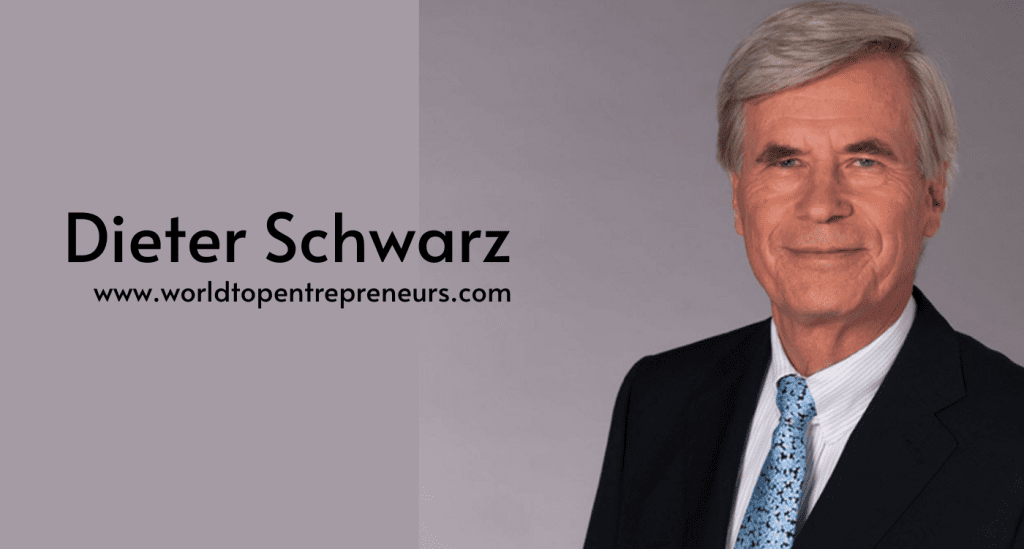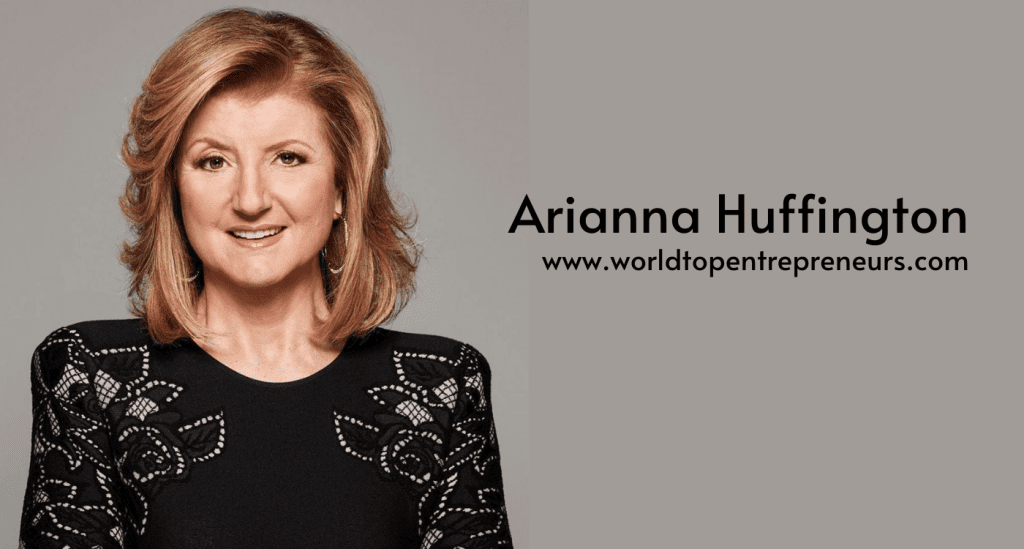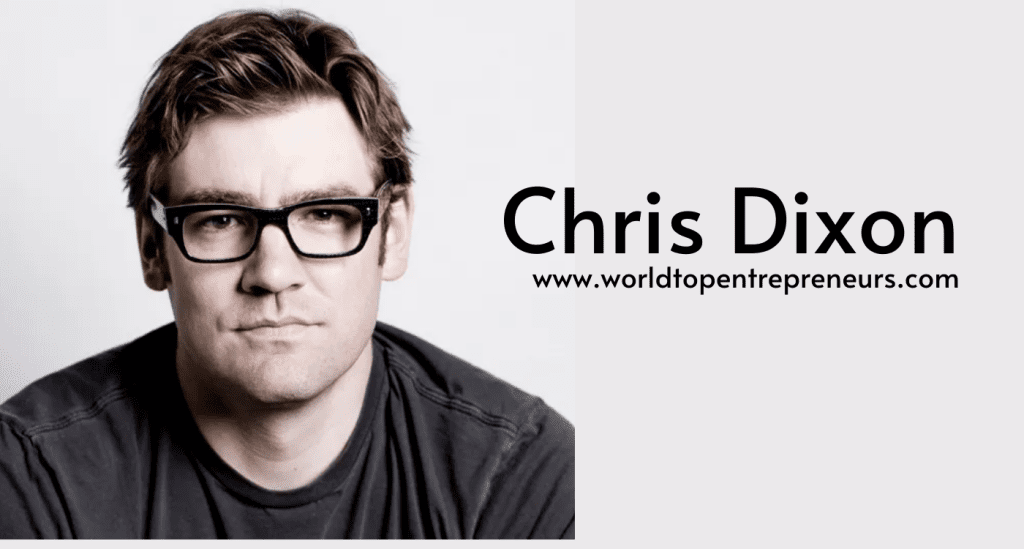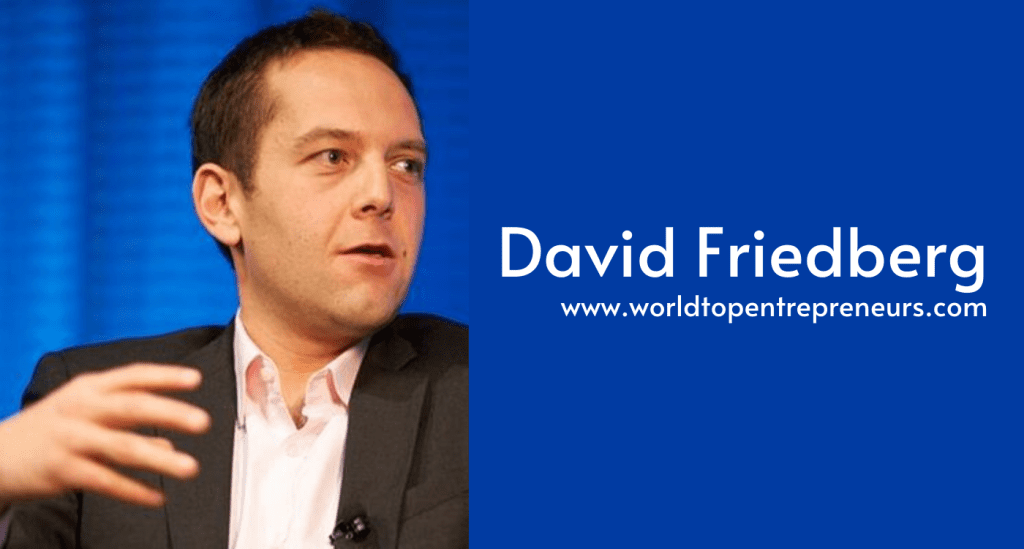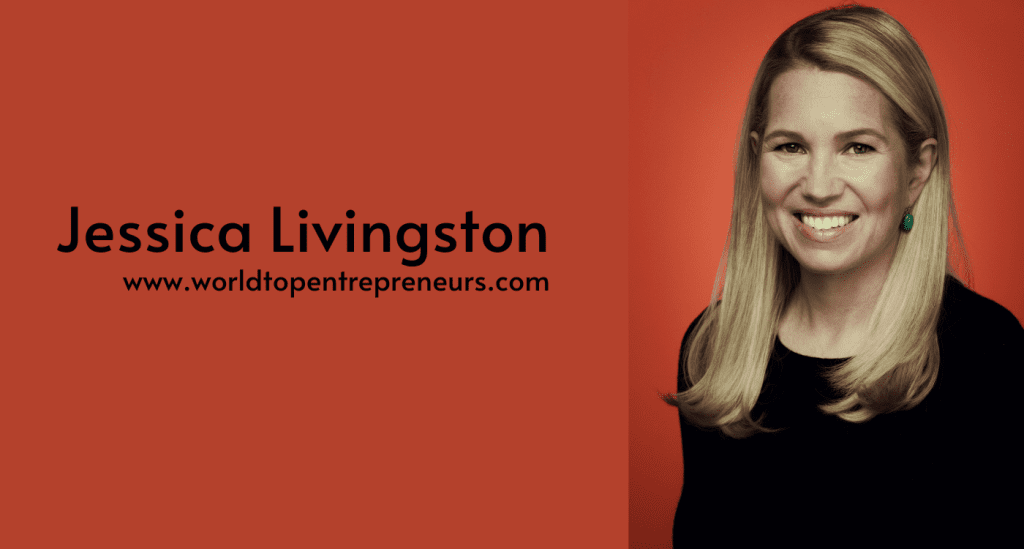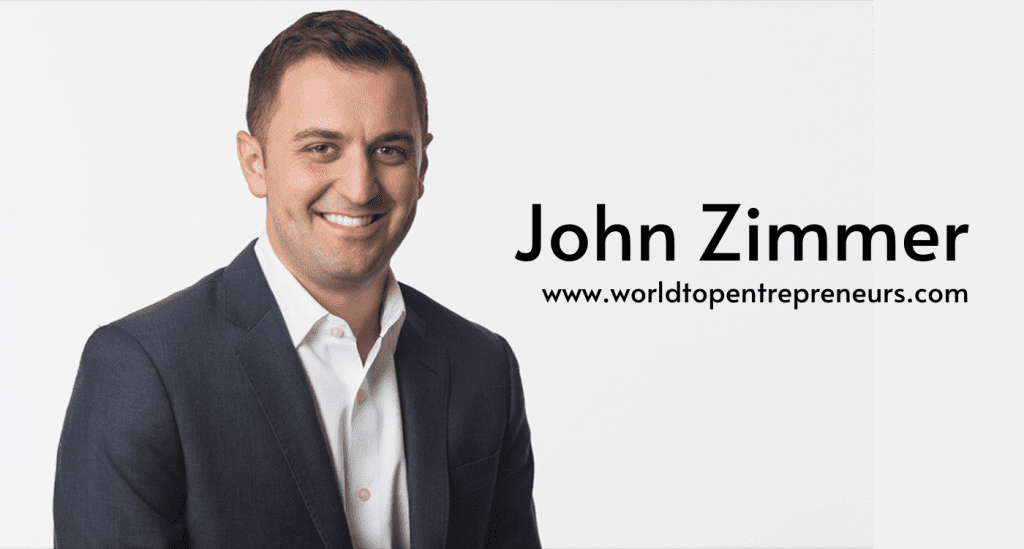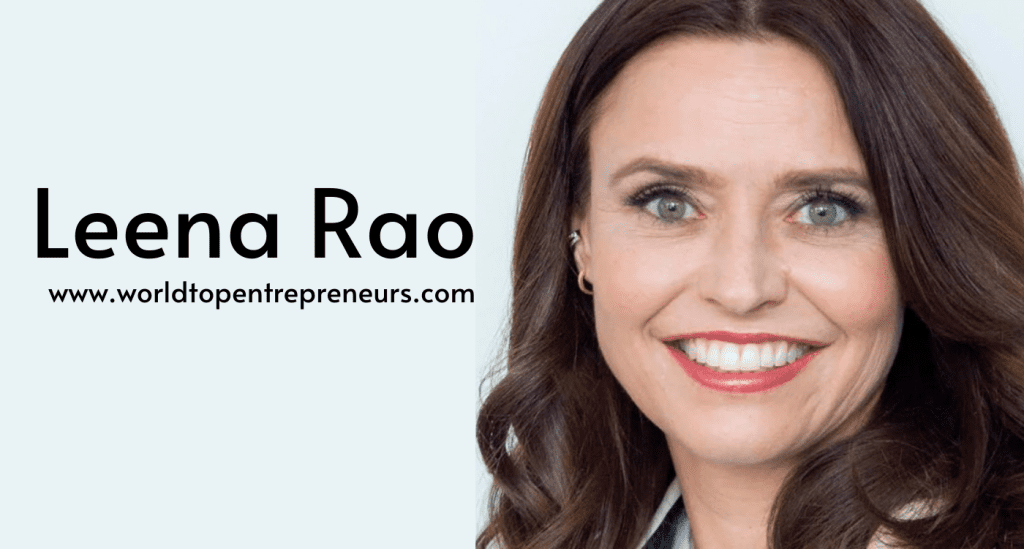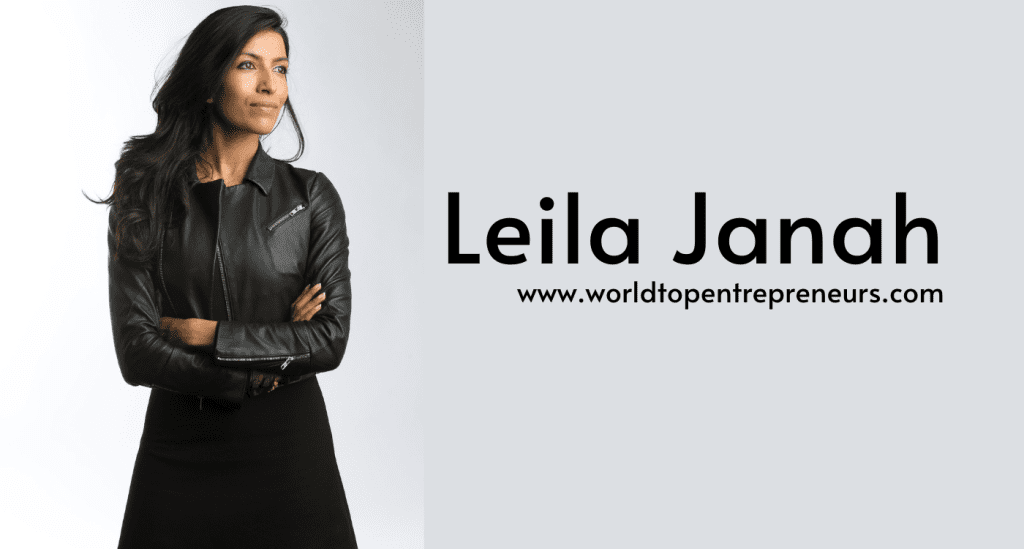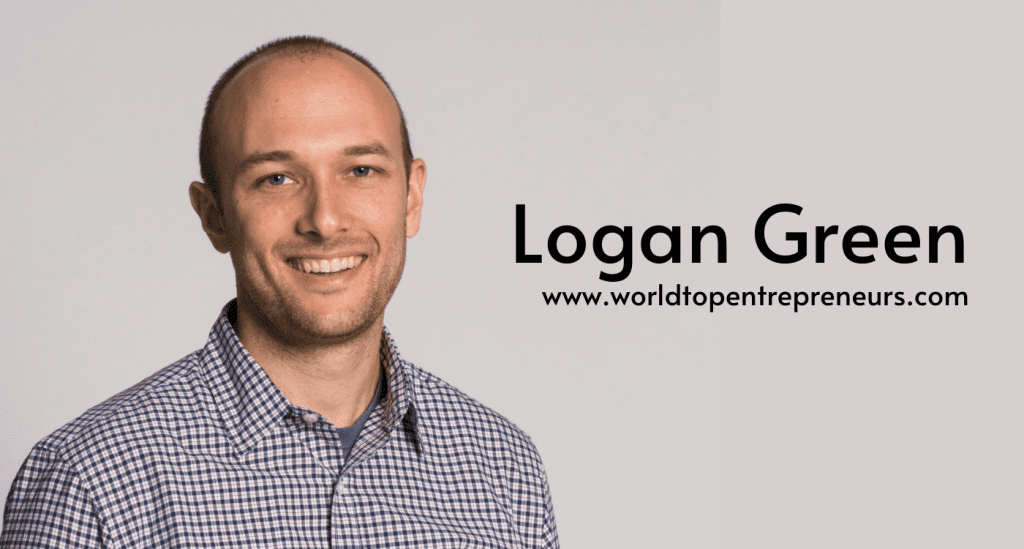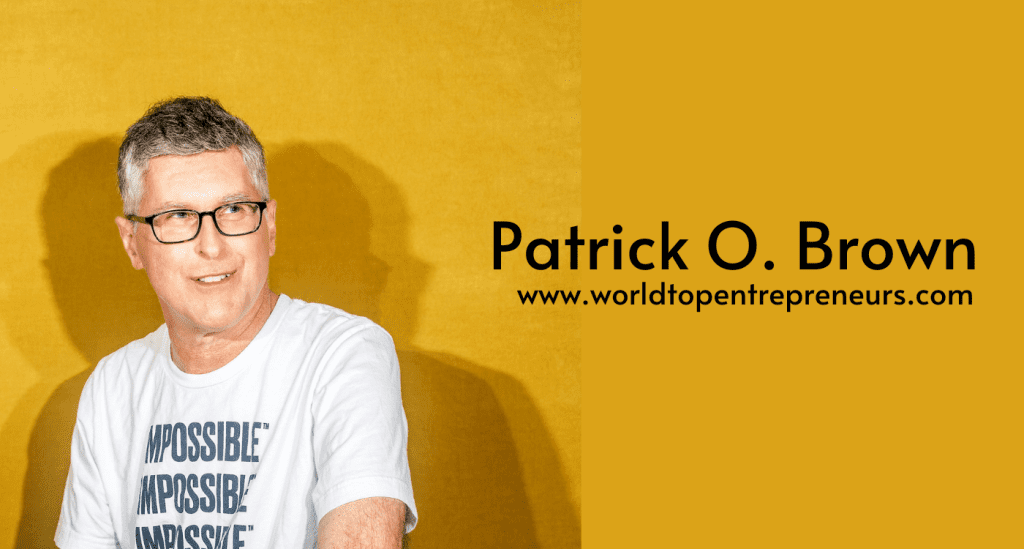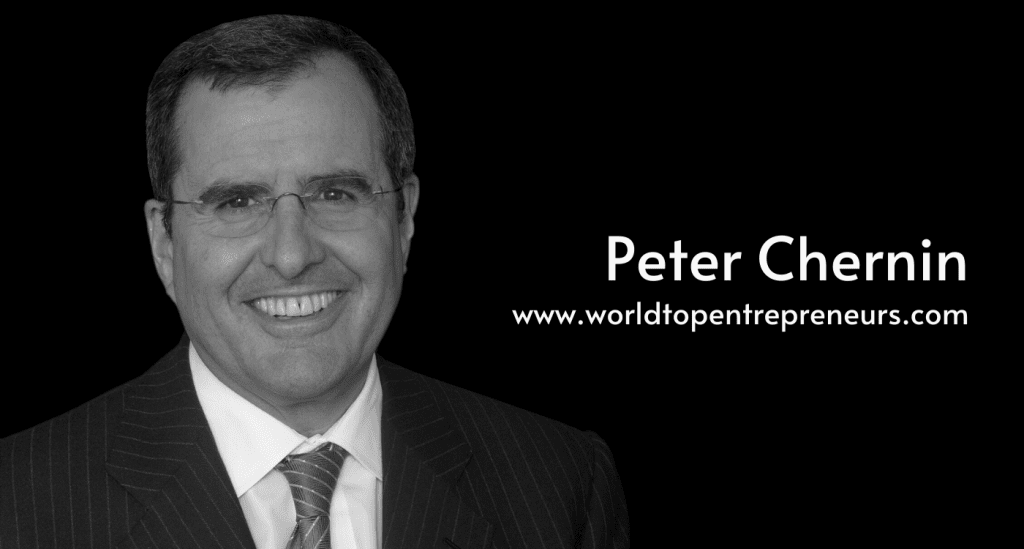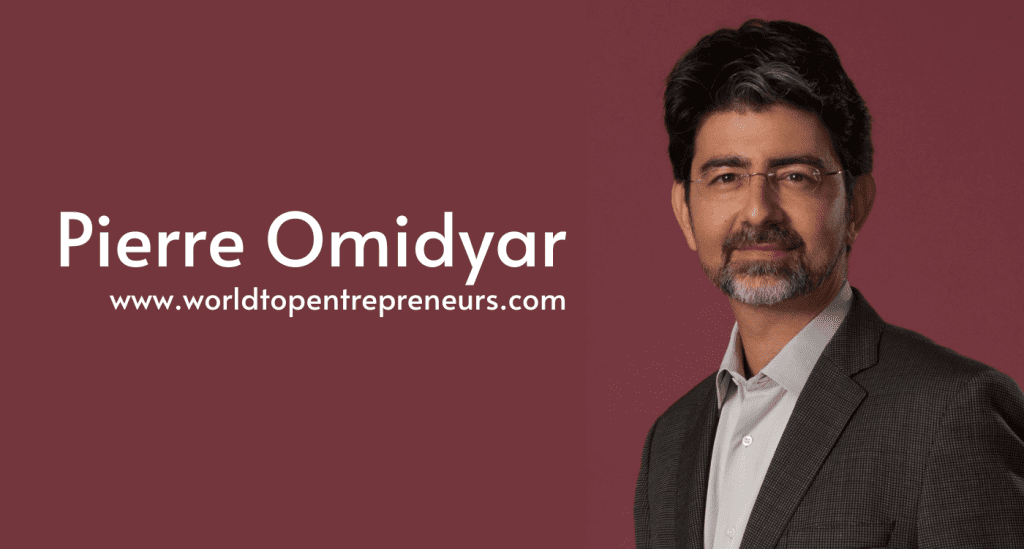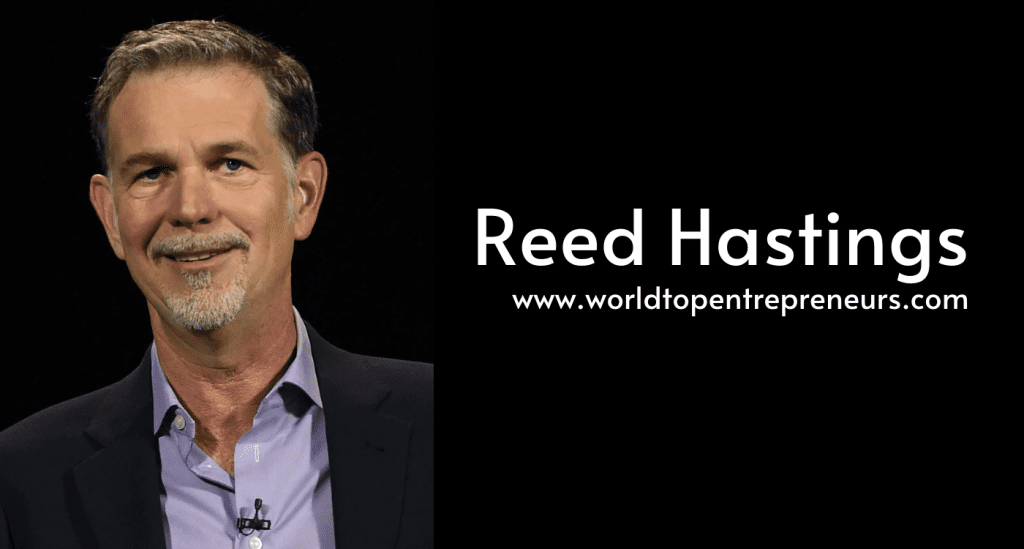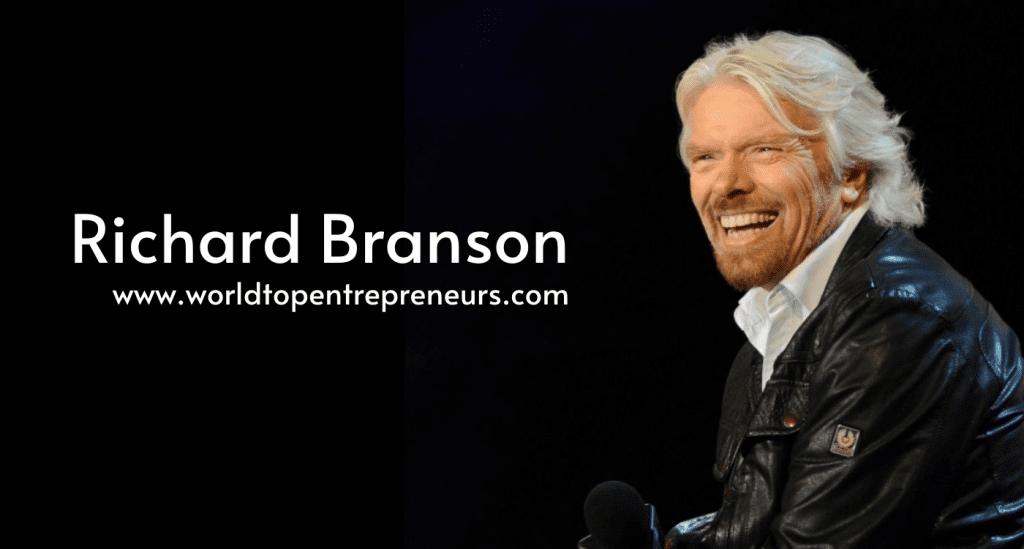In the world of retail, few names are as synonymous with innovation and success as Dieter Schwarz. As the founder of Schwarz-Gruppe, the parent company of Lidl and Kaufland, Schwarz has transformed the retail landscape, creating a retail empire that reaches millions of customers across Europe. His journey from modest beginnings to becoming a global retail powerhouse is not just a tale of financial success but also one of vision, strategy, and resilience.
Early Life and Background
Dieter Schwarz was born on September 24, 1939, in Heilbronn, a city in southwestern Germany. His family’s modest background played a significant role in shaping his future. His father, Josef Schwarz, owned a small grocery store that specialized in selling everyday goods. It was in this humble setting that Dieter first encountered the world of retail. The early years of his life were marked by the harsh realities of post-war Germany, but these experiences instilled in him a sense of determination and a keen business acumen.
The Birth of Schwarz-Gruppe
The journey that led to the creation of Schwarz-Gruppe began in the early 1960s. Dieter Schwarz took over his father’s small grocery store and began to implement changes that would lay the foundation for a retail empire. He introduced a range of innovative practices, focusing on efficiency and cost-effectiveness. This approach was not just about reducing prices but also about rethinking the entire retail process.
In 1968, Dieter Schwarz made a pivotal decision: he expanded his business model to create the first Lidl store in Ludwigshafen. The concept was simple but revolutionary—offering a limited range of high-quality products at lower prices. This model was inspired by the success of discount stores in the United States but adapted to fit the European market. The name “Lidl” was derived from the surname of a former business partner, though its significance evolved to represent a brand known for value and efficiency.
The Lidl Phenomenon
Lidl’s approach to retail was groundbreaking. By focusing on a limited product range, the store could negotiate better prices with suppliers and pass those savings on to customers. The store layout was designed for efficiency, with a no-frills approach that reduced overhead costs. This strategy resonated with consumers who were looking for quality products at affordable prices.
Lidl’s success was not an overnight phenomenon. It took years of strategic planning and execution to build a brand that would eventually become a household name across Europe. The company’s expansion was rapid and deliberate, with new stores opening across Germany and eventually in other European countries.
The key to Lidl’s success lay in its ability to adapt to different markets while maintaining its core principles. In each new country, Lidl tailored its product offerings to meet local preferences and requirements. This adaptability, combined with a relentless focus on cost control, allowed Lidl to establish a strong presence in diverse markets.
Kaufland: A New Frontier
While Lidl was making waves in the discount retail sector, Dieter Schwarz recognized another opportunity in the hypermarket space. In 1984, Schwarz launched Kaufland, a chain of hypermarkets that offered a wide range of products, from groceries to household goods. The Kaufland stores were designed to cater to a different segment of the market, providing a more extensive selection of products while maintaining competitive prices.
Kaufland’s success was built on the same principles that had made Lidl successful: efficiency, cost-effectiveness, and a customer-centric approach. However, Kaufland’s larger store format and broader product range allowed it to capture a different segment of the market. The hypermarket model appealed to customers who preferred the convenience of a one-stop shopping experience.
Like Lidl, Kaufland’s expansion was methodical and strategic. The brand quickly established a strong presence in Germany and then expanded into other European countries. Kaufland’s ability to adapt its product offerings and store formats to suit local markets was instrumental in its success.
The Schwarz-Gruppe Model
The success of Lidl and Kaufland can be attributed to the overarching principles that guide Schwarz-Gruppe. At the heart of this model is a commitment to efficiency and cost control. Dieter Schwarz understood that in the competitive world of retail, maintaining low costs was crucial to delivering value to customers. This principle is evident in every aspect of the Schwarz-Gruppe’s operations, from supply chain management to store design.
Another key element of the Schwarz-Gruppe model is a focus on customer satisfaction. Both Lidl and Kaufland have built strong reputations for offering high-quality products at competitive prices. This focus on customer value has helped to build brand loyalty and establish a strong market presence.
Dieter Schwarz’s approach to business is also characterized by a long-term perspective. Rather than seeking short-term gains, Schwarz has always prioritized sustainable growth and long-term success. This approach is reflected in the careful planning and strategic decision-making that has guided the expansion of Lidl and Kaufland.
Challenges and Resilience
The journey to building a retail empire was not without its challenges. Dieter Schwarz faced numerous obstacles along the way, from economic downturns to intense competition. However, his resilience and ability to adapt to changing circumstances were crucial to overcoming these challenges.
One of the significant challenges Schwarz faced was the need to continuously innovate in a rapidly evolving retail landscape. The rise of e-commerce and changing consumer preferences required Lidl and Kaufland to adapt their strategies and embrace new technologies. Schwarz’s ability to anticipate these changes and respond proactively was key to maintaining the success of his retail brands.
Another challenge was the expansion into international markets. Entering new countries required a deep understanding of local cultures and market dynamics. Schwarz’s approach to international expansion was to build strong local teams and adapt the business model to suit each market’s unique needs. This strategy helped Lidl and Kaufland establish a strong presence in diverse regions.
Legacy and Impact
Dieter Schwarz’s impact on the retail industry is profound. Through Schwarz-Gruppe, he has redefined the retail experience for millions of consumers across Europe. Lidl and Kaufland have become benchmarks for efficiency, value, and customer satisfaction. Schwarz’s contributions to the industry extend beyond his own companies, as his innovative approach has influenced retail practices worldwide.
In addition to his business achievements, Dieter Schwarz is also known for his philanthropic efforts. The Schwarz Foundation, established by Dieter Schwarz, supports various charitable causes, including education, culture, and social welfare. This commitment to giving back reflects Schwarz’s belief in using his success to make a positive impact on society.
Conclusion
Dieter Schwarz’s journey from a small grocery store in Heilbronn to the founder of Schwarz-Gruppe is a testament to his vision, determination, and strategic acumen. His ability to innovate and adapt has transformed the retail industry, creating two of Europe’s most successful retail brands: Lidl and Kaufland. Schwarz’s story is not just about financial success but also about a relentless pursuit of excellence and a commitment to delivering value to customers.
As the retail landscape continues to evolve, Dieter Schwarz’s legacy serves as a reminder of the power of innovation and resilience. His contributions to the industry have set a high standard for others to follow, and his impact will be felt for years to come. The story of Dieter Schwarz is a celebration of entrepreneurship, vision, and the enduring power of a well-executed business model.

